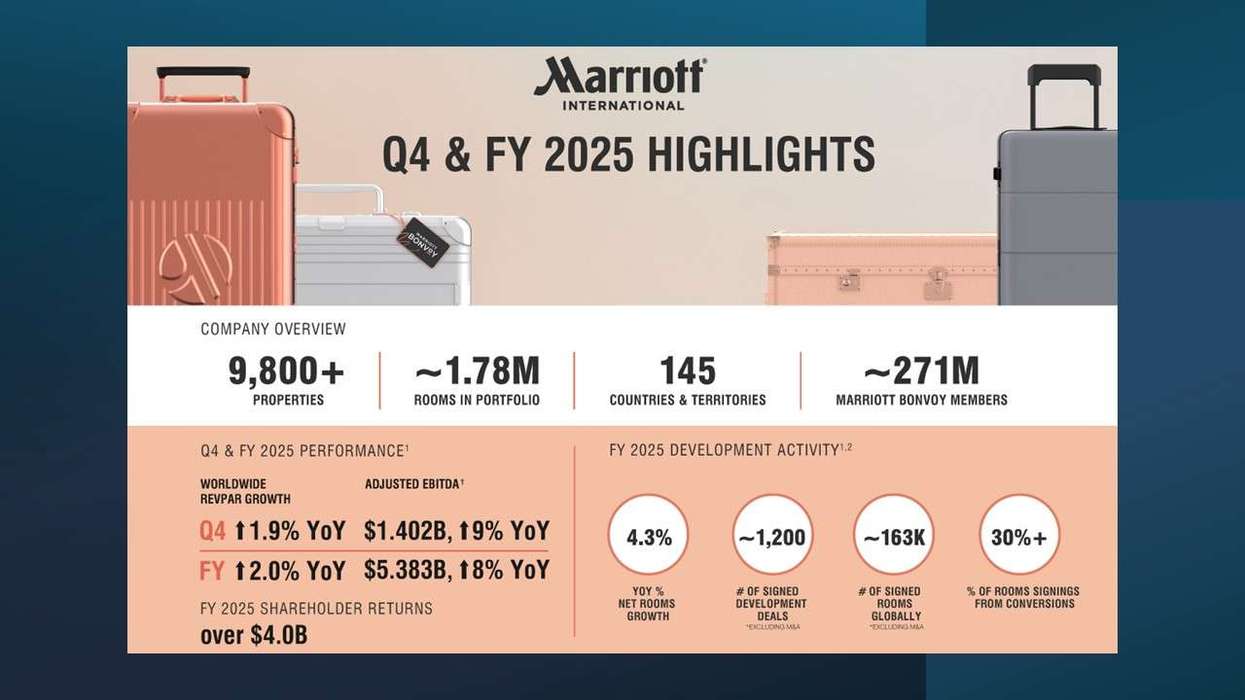SINCE THE BEGINNING of the COVID-19 related economic shutdown, a major point of concern for hoteliers has been avoiding delinquency on their commercial mortgage-backed security loans. Now a group of Congress members are asking the U.S. Treasury Department and the Federal Reserve to provide relief to the CMBS market to avoid foreclosures and job loss.
The letter from 100 members of Congress to Treasury Secretary Steve Mnuchin and Federal Reserve Chairman Jerome Powell asks that they “consider targeted economic support to bridge the temporary liquidity deficiencies facing commercial real estate borrowers created by the COVID-19 pandemic,” according to a leader of the letter, Texas Congressmen Van Taylor.
"We write to express our concern about the looming crisis in commercial real estate adversely impacted by the COVID-19 pandemic, including the $540 billion Commercial Mortgage-Backed Security market that, if left unchecked, may lead to a wave of foreclosures, exacerbating the current economic downturn and ultimately, resulting in permanent job loss throughout multiple industries and communities across the country," said the letter.
Taylor said millions of jobs depend on keeping the threated properties open.
"For example, 8.3 million jobs throughout the U.S. and more than 600,000 in Texas are supported by the hotel industry alone," he said. "These industries don't need a bailout, but they do need flexibility and support to keep their doors open, provide millions of jobs in communities across the country, and drive their local economies."
In May, the Trepp research firm measured a 7.15 percent delinquency rate in CMBS loans, up from 2.29 percent in April. It was the largest jump in delinquencies since the firm began tracking the metric in 2009.
“Nearly half of commercial rents were not paid last month, and many businesses will not be able to pay their rent for the foreseeable future” said Democrat Congressman Denny Heck of Washington, another signatory of the letter. “History shows us this will likely result in a wave of foreclosures, massive layoffs, and less revenue to already cash-strapped state and local governments. We must do everything we can to protect the broader economy from this devastating chain reaction.”
While hoteliers impacted by revenue loss from the COVID-19 pandemic can work with their bankers to forgo payments on regular loans, CMBS loans come with more complex regulations that reduce lenders’ flexibility.
“The COVID-19 economic downturn created a liquidity crisis for hotel owners, for there were no guests to host and therefore no income,” said Cecil Staton, president and CEO of AAHOA, in a statement supporting the letter. “This made staying current on mortgage payments nearly impossible. While many hotel owners were able to work with their community banks to delay payments, those with CMBS loans have been largely unable to do so. Delinquency rates for hoteliers with CMBS loans are nearing historic highs, not because of financial mismanagement by borrowers, but because there simply are not any guests or revenue because of the pandemic.”





